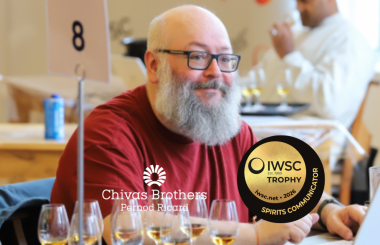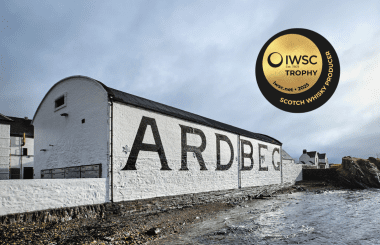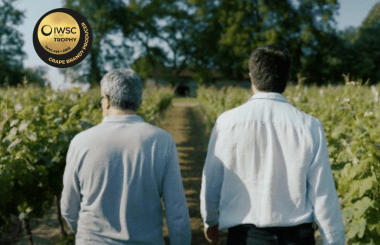Interview: Raissa de Haas, Double Dutch
With the gin boom showing no signs of slowing down, the mixer market isn’t far behind; Fentimans last year reported that premium mixer sales rocketed by 81.3% in the year leading up to April 2019.
One of the market leading mixers helping drive this growth is the innovative Double Dutch brand, founded by twins Raissa and Joyce de Haas, whose love of gin turned to frustration at the realisation that the mixer offering was fairly limited in comparison to the ever-growing choice of spirits.
After receiving an investment from University College London (UCL) in 2015, they now produce a range of award-winning mixers, incorporating everything from classic Soda Water and Ginger Ale to flavour combinations like Cucumber & Watermelon and Pomegranate & Basil.
“Double Dutch is a great brand to work with,” says Steph DiCamillo, global advocacy manager at Atom Brands. “The flavours are really dynamic and work well with a wide variety of spirits, while the lower sugar also allows them to be easily used in cocktails.”
The range is available in some 5000 venues across the UK, ranging from chic bars like The Alchemist to restaurants like Dishoom, and from high-end department stores including Fortnum & Mason and Selfridges to the supermarket shelves of Waitrose.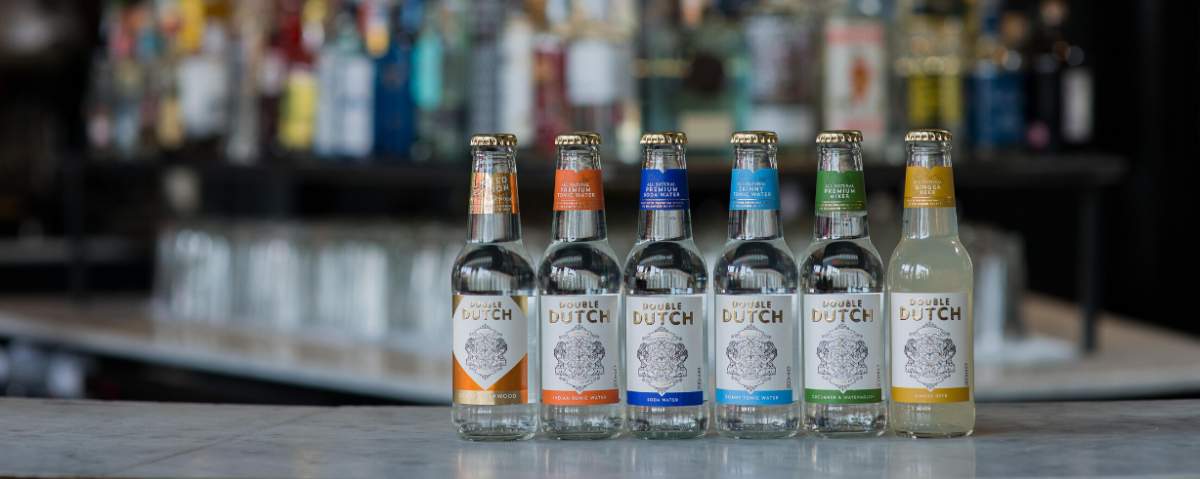
How did Double Dutch begin?
Gin was invented in the Netherlands around 200 years ago, and there are still lots of houses there that have an affiliation with a distillery. When we were younger we moved to a new house, and there was a kind of wholesale wine and spirit shop/distillery in our garden. Our parents thought this was fun so decided to keep it there. As we grew older, they organised tastings with friends and family, and because of that my sister and I built a passion for quality drinks.
When we went to university, the gin hype was just coming in, but the choice of mixers was limited. We always threw parties on Wednesdays and Thursdays in our flat, and my sister and I would make a big jar of our own tonic waters with different flavours. We would heat up strawberry, mint and sugar to make syrup, then add carbonised water. We also had some terrible combinations…
We did that for about four years before we graduated. We both started working in finance and completely hated it, so we quit our jobs together and moved to London to do a second masters in technological entrepreneurship at UCL. Gin was even more popular here than it was in the Netherlands, and there was this whole craft movement with spirits and beers, so we wrote our dissertation about the spirit and mixer market and did lots of research into what kind of tonic waters and mixers people were looking for. We graduated with an award for best thesis of the year and got our initial investment from the university which we used to produce our first batch with Cucumber & Watermelon and Pomegranate & Basil in 2015. We now have nine different flavours.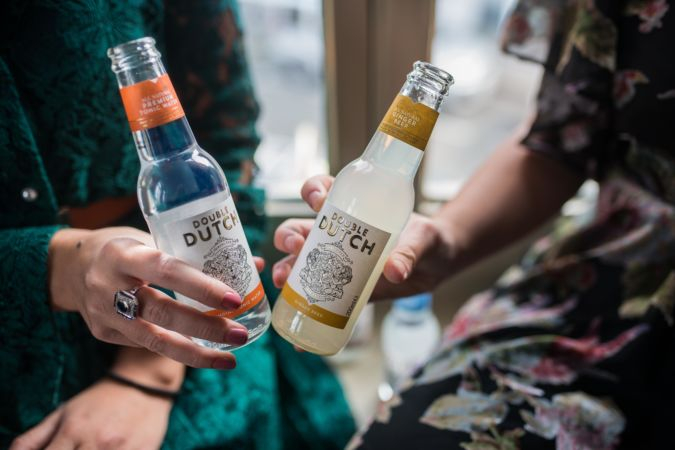
Why don't you use quinine in your tonics?
We were looking for a way to make flavours that didn’t overpower spirits, and someone introduced us to flavour pairing techniques. You start with one ingredient, like basil, and look at the way it’s made up with molecules. Every ingredient is made with about 20-30 key aromas, and you should pair ingredients that have at least five of the same aromas. That’s how we came to Pomegranate & Basil and Cucumber & Watermelon.
We found that adding quinine really overpowered the flavour of the spirits. We did add quinine to our Cranberry & Ginger tonic because it’s a lot stronger in flavour so it can cope, but with others we wanted the pure experience, also allowing the gin to come through.
How important is it to have a good mixer for your drink?
It’s super important if you spend a bit more on a premium gin to not ruin it with a cheaper tonic. I’m not a fan of bitter tonic waters because it overpowers the spirit completely, whereas natural ingredients bring out the best in gin. If you’re making the effort to try nice gins, you need a good mixer.
When should a gin & tonic ideally be drunk?
I don’t think there is a perfect time, but it is the ultimate aperitif. I prefer more herbaceous gins in winter and more citric gins in summer.
What are your tips for consumers who may feel overwhelmed by the vast range of gins on offer?
Start by identifying the wider range of flavour profiles you like. I’d suggest splitting it up into four categories – floral flavours, citric flavours, herbal or spicy flavours, and sweeter gins – and you’ll soon realise which category is for you.
The easiest way to find out what different gins are like is to go to a bar and ask the bartender – they’ll be able to recommend their favourite brands.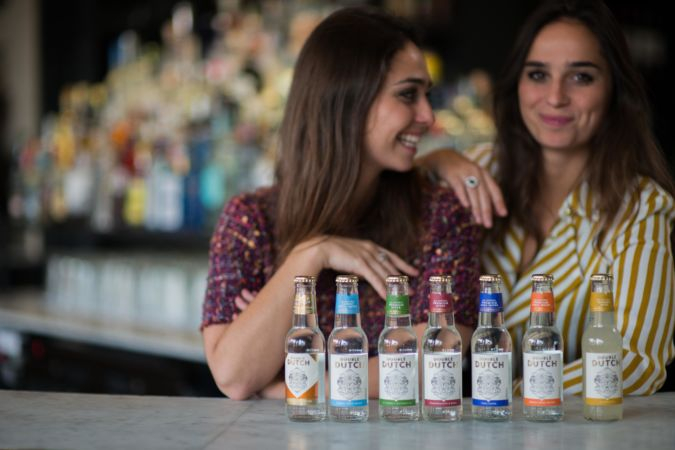
Which is your favourite mixer in the range, and what would you pair it with?
Definitely Pomegranate & Basil and Cucumber & Watermelon, because they were our first. I pair Cucumber & Watermelon with a citric gin because it’s really summery, or just with a dry white wine as a spritzer. For Pomegranate & Basil, I like very herbaceous gins or pink gins in the summer, and in the winter I mostly drink it with tequilas for a spicier flavour.
Do you have plans to expand the range further?
We work on limited editions every year - we had Spice & Oakwood last year, which was based on mulled wine. We’re also collaborating with a few spirit brands to make some perfect serves.
What’s it like working with your twin sister as a business partner?
The good thing is that because we know each other inside out, we will never fall out permanently. We are super honest with each other, and don’t have to tiptoe if we don’t agree – you just say it as it is then move on.
It’s nice to be together for the ups and downs. If there’s a negative atmosphere or we’ve worked super hard and then didn’t get a deal, it’s a lot nicer to be able to bring each other up again and celebrate the good times – it’s better with the two of us.
Double Dutch is a sponsor of the IWSC Gin & Tonic and Vodka & Tonic Awards, which assess how well these spirits pair with tonic. For more information or to enter, visit iwsc.net.

